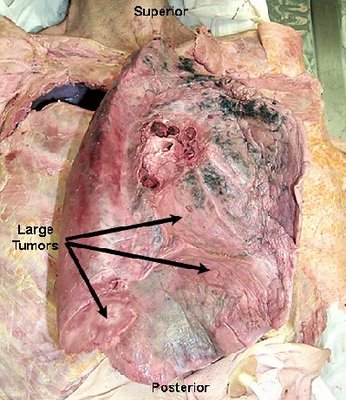A toddler has amazed experts after scoring 160 in an IQ test – the same as Stephen Hawking and Bill Gates.
Two-year-old Karina Oakley is officially one of the smartest children in the country after her test results put her on a par with the 67-year-old author of A Brief History Of Time and the 53-year-old Microsoft billionaire.
Just like other little girls, Karina loves to dress up, play with her toys, draw, paint and play make-believe games.
But an expert child psychologist recently found her mental age is the equivalent of someone between the age of four and five.
And her memory, verbal and reasoning skills mean she has an IQ 60 points above the country’s average of 100.

Karina Oakley and mother Charlotte Fraser
Who’s a clever girl then? Karina Oakley and mother Charlotte Fraser
Karina’s mother, Charlotte Fraser, admits a TV show led to the amazing findings.
‘I took her up to London to see Professor Joan Freeman, mainly because I’d seen a programme about child geniuses,’ she said.
‘Quite a lot of people had said to me that Karina is quite smart, quite bright, quite clear with her speech and quick to pick things up.
‘So I looked Professor Freeman up on the internet, and gave her a call see if she would see her and get her tested, it was just a bit of fun really.’
Karina, who turns three this summer, was asked to question numbers and complete challenges in a number of different categories, including verbal ability, memory, handling a pencil and numbers and shapes.
The professor found that the toddler has a special bias towards words, with a ‘wonderful imagination’.


Microsoft chairman Bill Gates and Brief History Of Time author Stephen Hawking
‘Karina is a lovely, responsive and friendly little girl,’ said Professon Freeman. ‘She is more than very bright and capable, she is gifted.
‘She enjoyed the test. The pleasure she took in the mental challenge in itself I have found to be a sign of intelligence.
‘During the test it was noted that she gave imaginative responses to questions. For instance when asked, “What do you use your eyes for?” she answered, “You close them when you go to sleep”‘ and then also said, “You put your contact lenses in them”.’
According to Professor Freeman, IQ is likely to change as Karina, from Guildford, Surrey, gets older, but at this point it is more likely to go up rather than down.
Charlotte added: ‘She has a very good memory. She seems to be quite aware of her surroundings, what’s going on around her, she’s very observant, she talks all the time, asks questions all the time.’
It is difficult to know whether Karina’s intelligence is something acquired or something that she was born with.
‘The nature verses nurture argument is a very interesting one,’ said Charlotte.
‘I have stayed at home with her for almost three years, I have always talked to her a lot, always tried to answer her questions, we do a lot of things, we go to the park and we are part of various groups, that must make a difference.
‘I don’t know whether it’s that, combined with something that she was born with. I just think of her as Karina, I don’t have anyone to compare her to.’
Charlotte used to work in marketing and Karina’s father Nick, works as a computer programmer.
Professor Freeman used the Stanford-Binet IQ test, originally devised by Alfred Binet at the beginning of the century. Karina’s score of 160 was arrived at by converting a single raw score for the entire test to a figure indicating mental age.
She then used a formula to arrive at the IQ figure. An IQ of 100 means the child’s chronological and mental ages match.
Traditionally, scores of 90 to 109 are considered average and anything above 140, gifted.
Source : http://olent.com/kids/?p=146















No comments:
Post a Comment